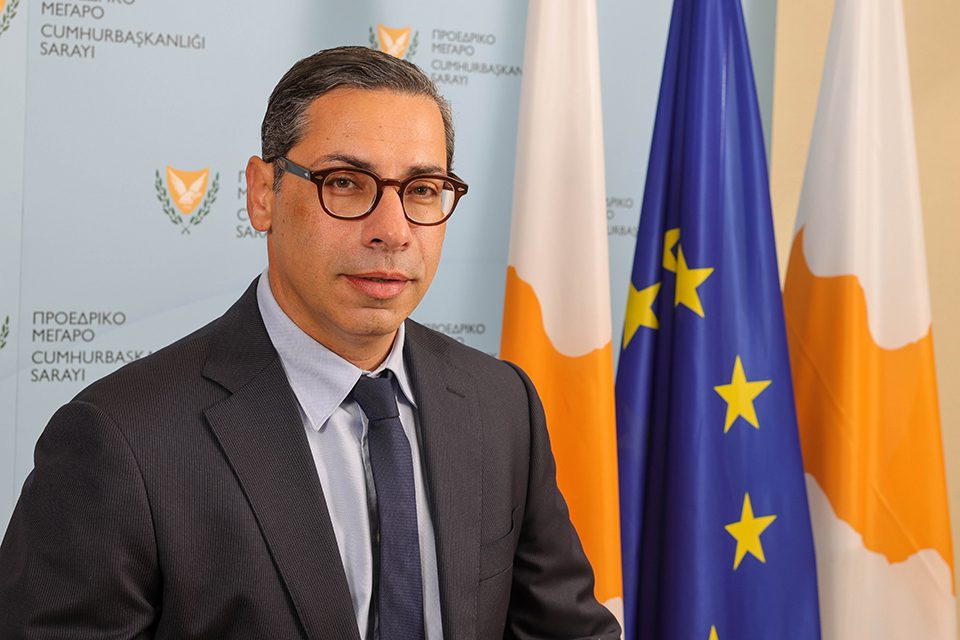Politics and Governance
Jan 30, 2026
A Conversation With the Minister of Foreign Affairs of the Republic of Cyprus, H.E. Constantinos Kombos
On February 3, AGSI will host a conversation with Cypriot Minister of Foreign Affairs Constantinos Kombos.
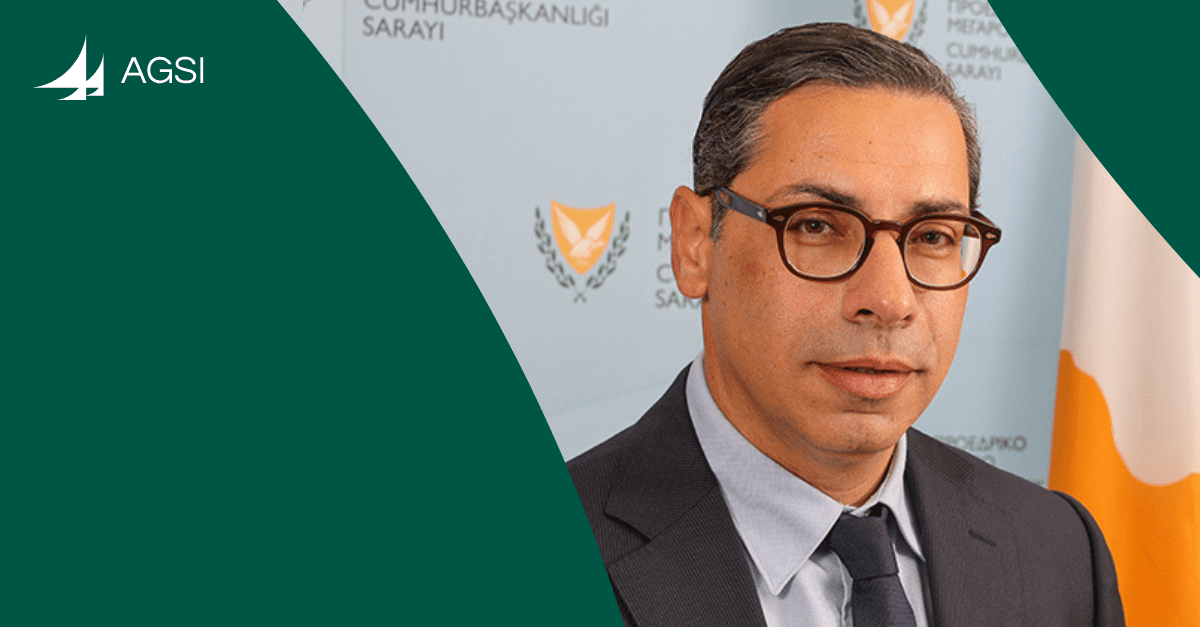
Jan 28, 2026
Iraq’s Post-Election Impasse: Sovereignty, Power, and the Impact of External Vetoes
The government-formation crisis is a test of whether Iraq can assert genuine sovereignty in a system still shaped by foreign influence, factional vetoes, and constitutional loopholes.
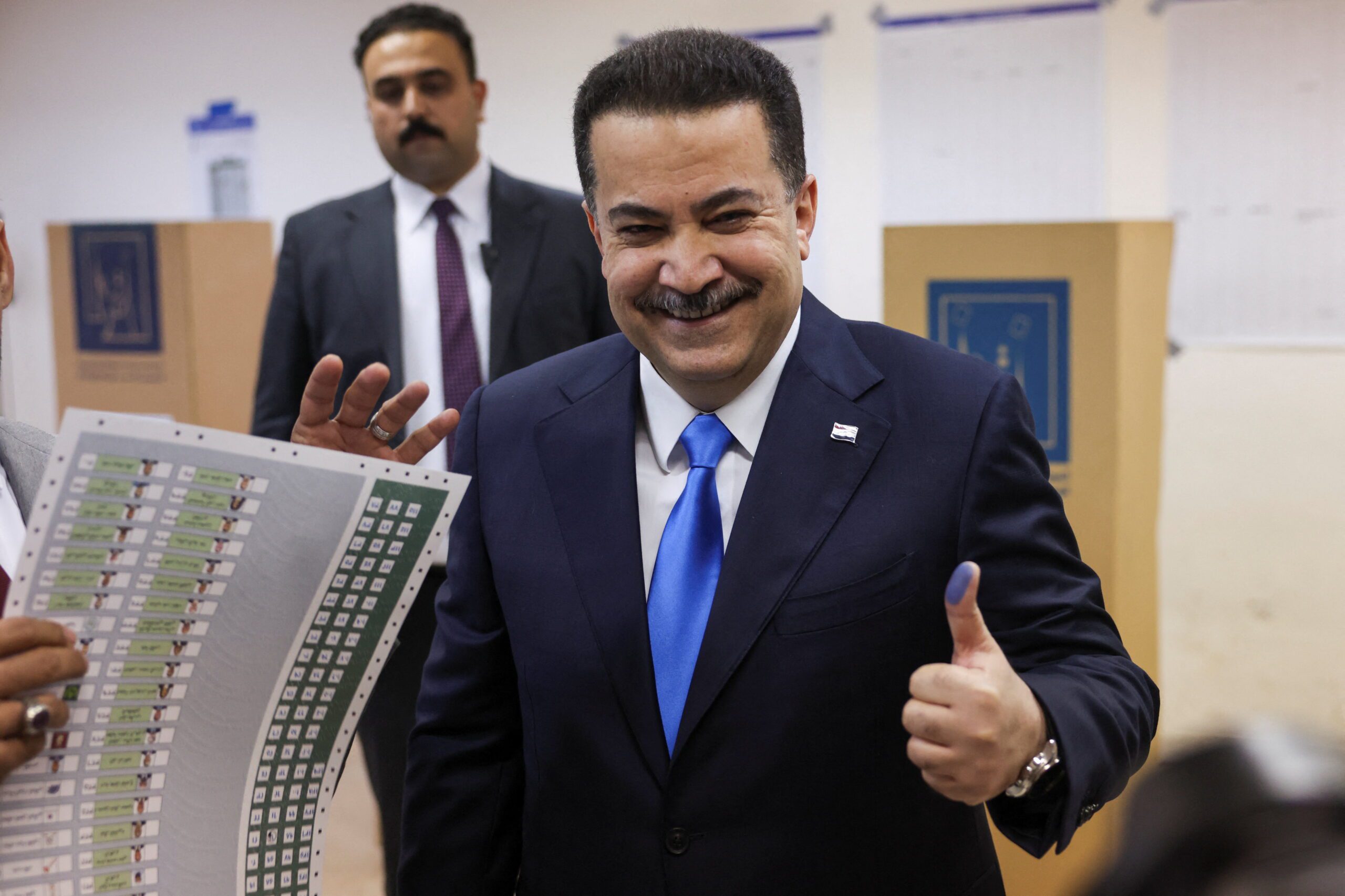
Jan 23, 2026
Gulf States on the Frontline of U.S.-Iran Volatility
From a Gulf perspective, red lines keep being crossed, and the guardrails for avoiding entanglement in conflict prove unsatisfactory.
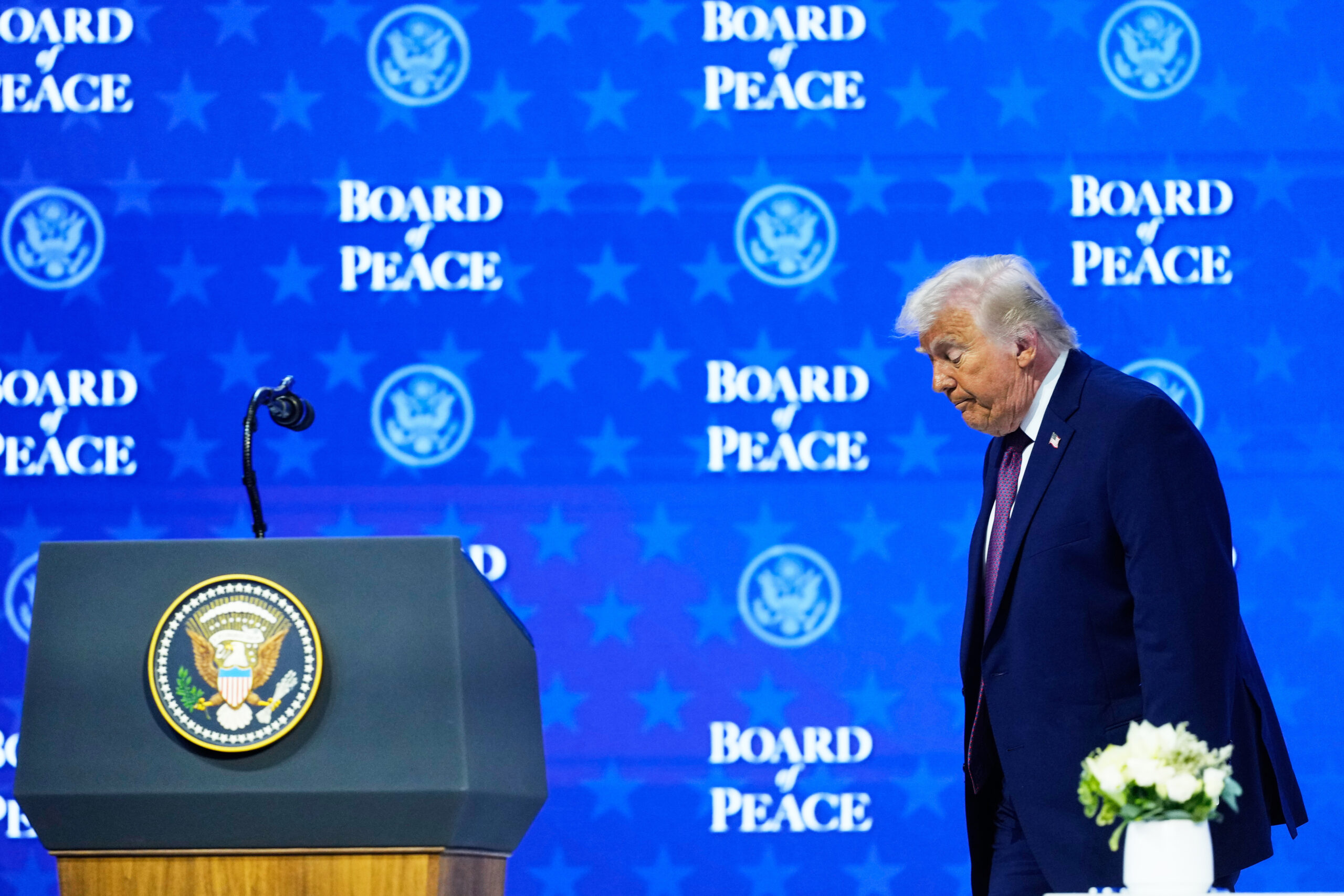
Jan 22, 2026
How the UAE Became Serbia’s Most Important Arab Partner
Through its increasing ties with Serbia, the UAE has secured a lasting strategic foothold in the Western Balkans, and Serbia has gained an influential Arab partner that is likely to remain central to Belgrade’s multipolar foreign policy calculus.
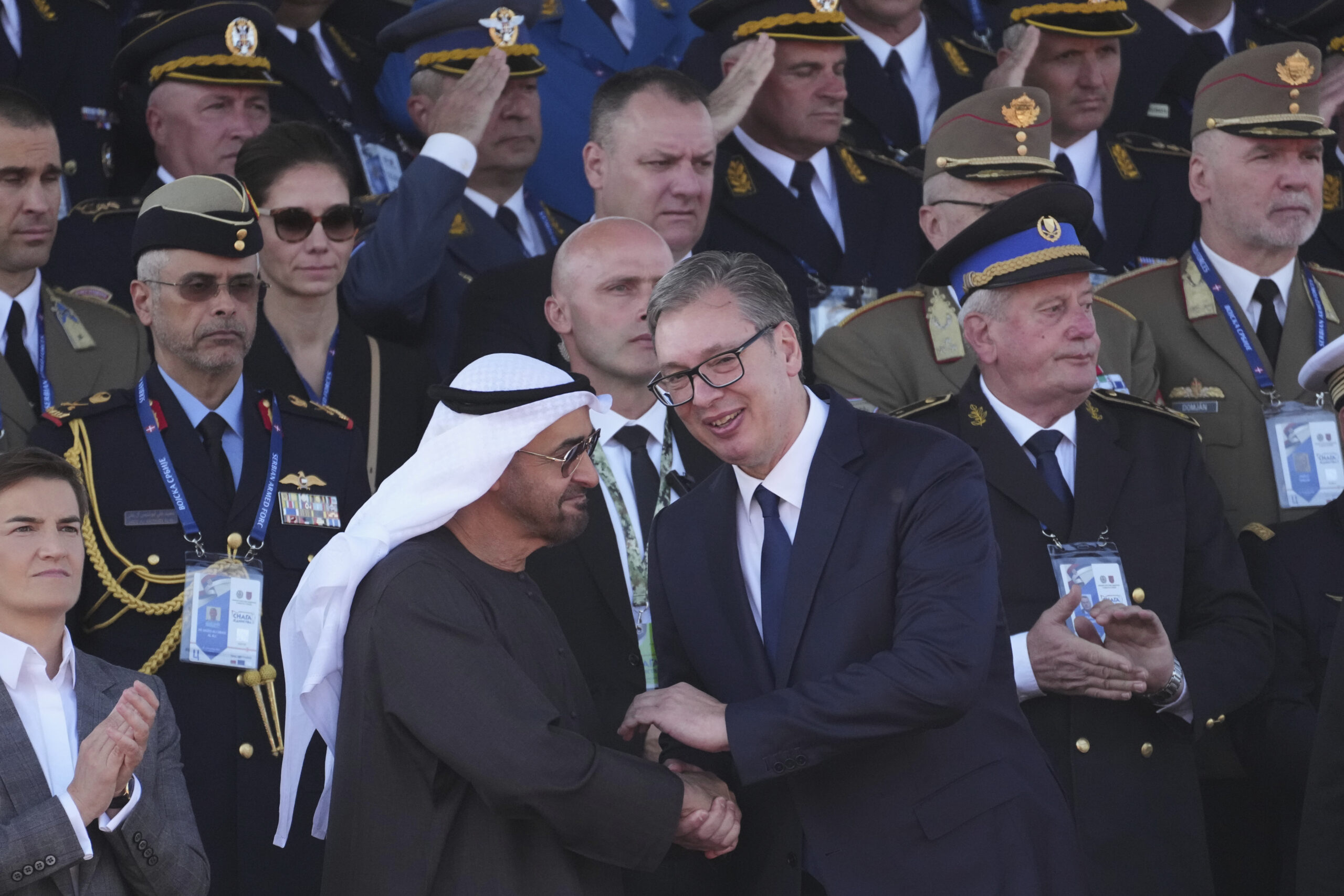
Jan 15, 2026
Iran Ups Its Engagement With the Sahel
With its position challenged in the Middle East, Iran is expanding its ties with the Sahel region as the West disengages.
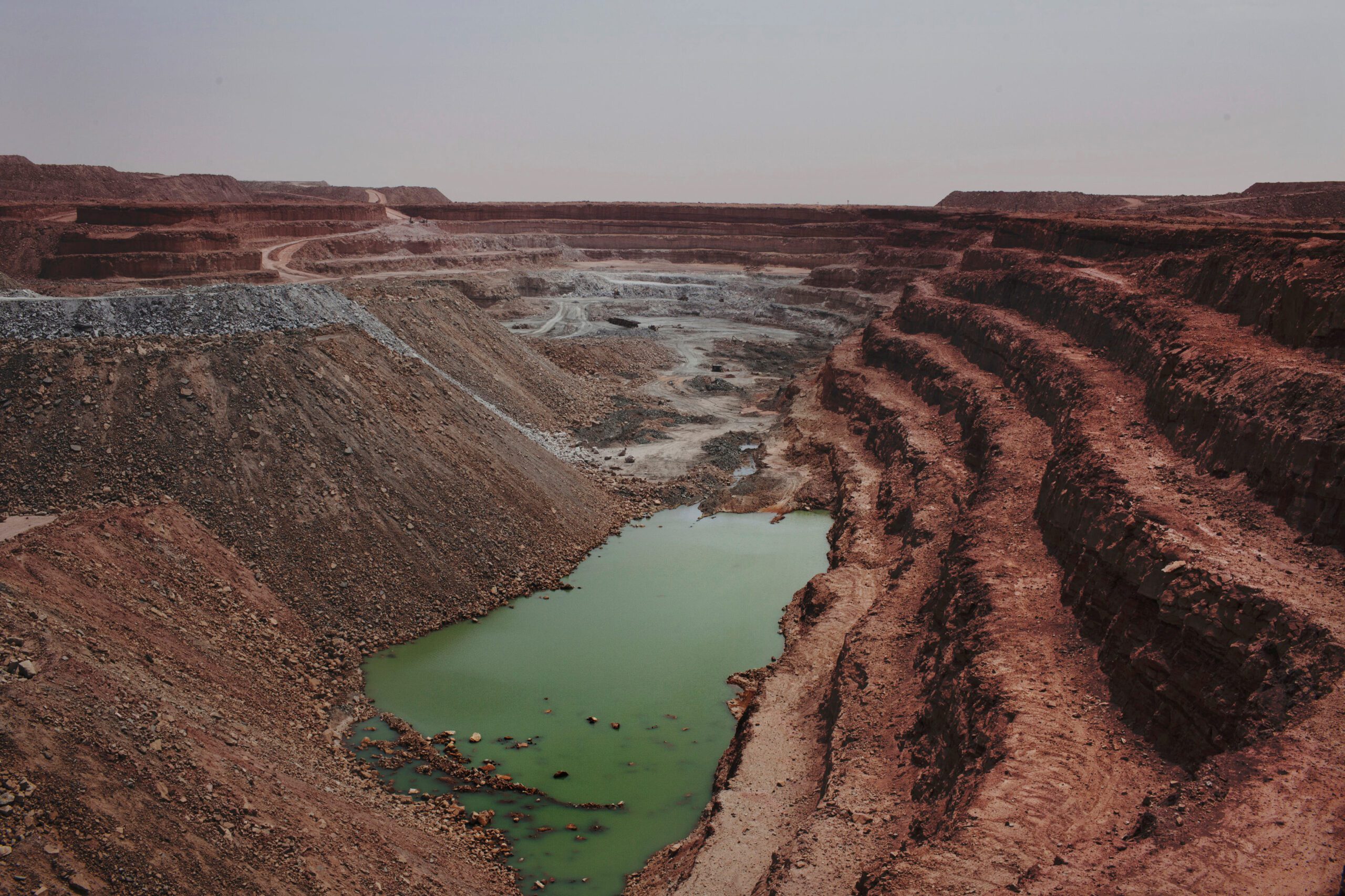
Dec 22, 2025
Outlook 2026: Prospects and Priorities for U.S.-Gulf Relations in the Year Ahead
On January 8, AGSI hosted a virtual roundtable with its leadership and scholars as they look ahead and assess trends likely to shape the Gulf region and U.S. foreign policy during the coming year.

Dec 19, 2025
Recasting Syria After Assad: Saudi Arabia’s Bid to Shape a Gulf-Led Regional Order
Saudi Arabia’s early, front-loaded engagement in Syria is part of a preemptive strategy to shape conditions before rival actors can fill the vacuum.
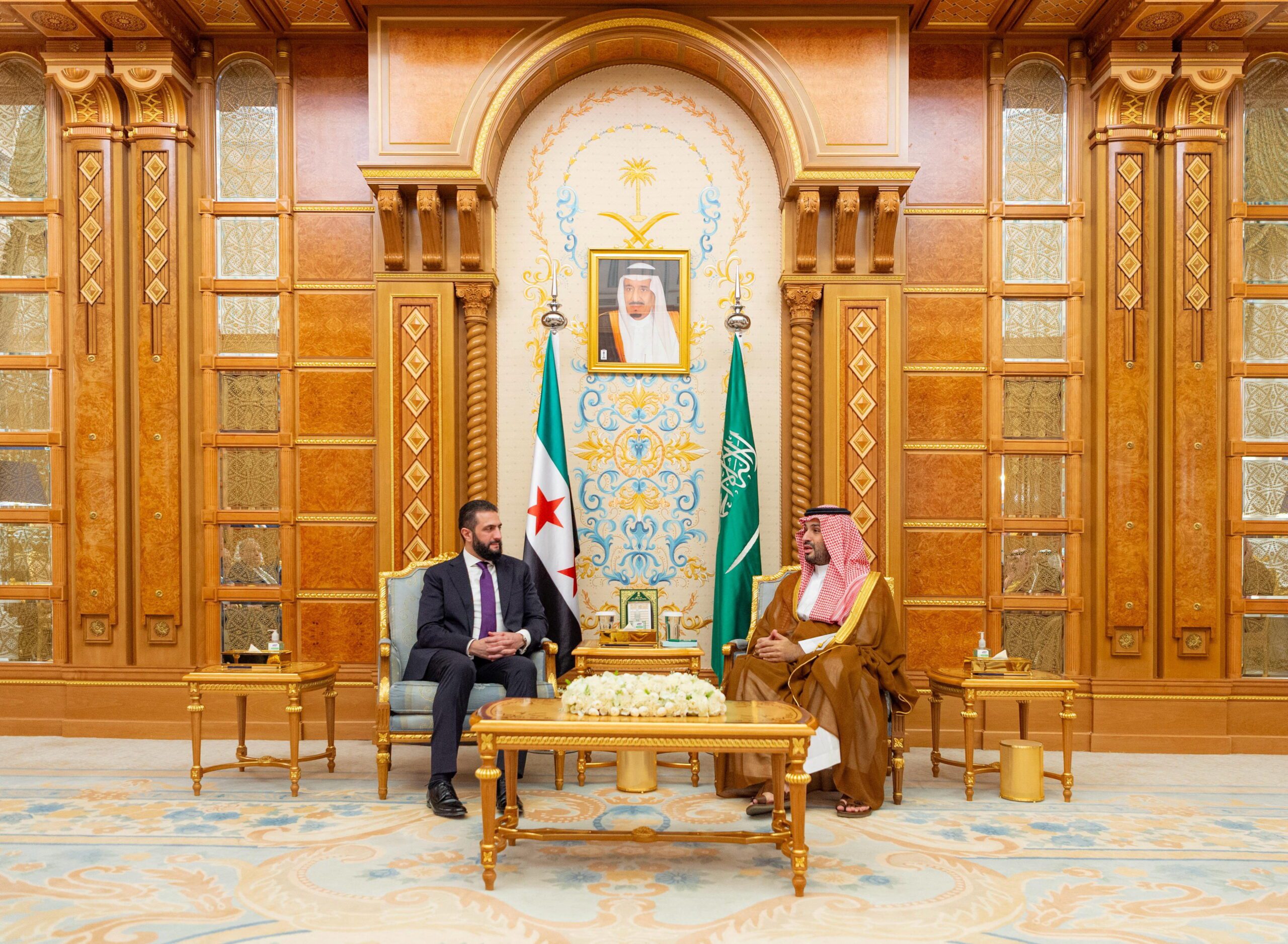
Dec 18, 2025
Friends in Need: Morocco’s Gen Z Protests and the GCC Response
Morocco’s protests prompted gestures of support from GCC states, representing a fresh reminder of a long history of supporting each other in times of need.


